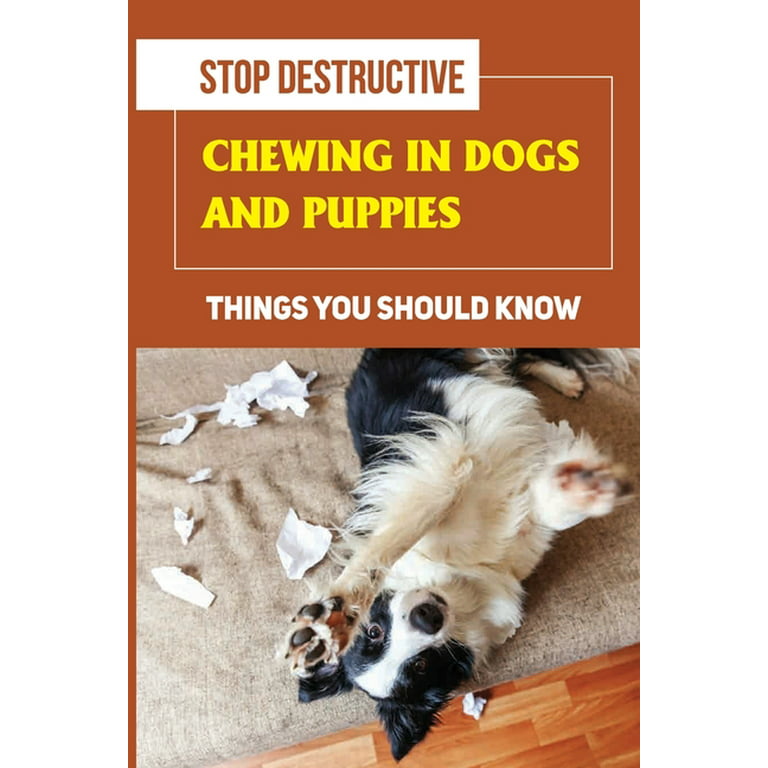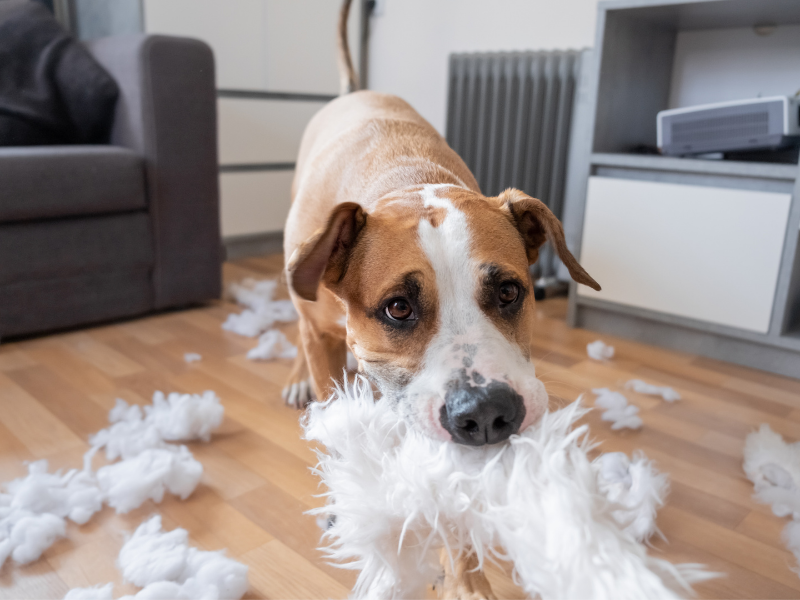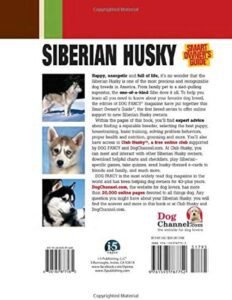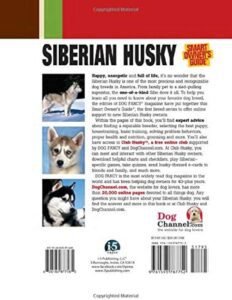To stop dogs from destructive chewing, try incorporating anti-chew sprays, provide plenty of chew toys, and ensure they get enough physical exercise. Additionally, teach them what to chew by giving them distinguishable toys, supervising them, and consistently offering appropriate items.
Take responsibility for your belongings and remove temptations. Provide mental and physical stimulation through exercise and play. Consider using crate training and leaving an inedible chew bone when they are alone. Reward positive behavior and try to prevent boredom by setting up a space for them and taking them to daycare if needed.
Remember to always provide ways for your dog to exercise their mind and body to prevent destructive chewing.

Credit: www.walmart.com
Understanding Destructive Chewing In Dogs
Destructive chewing is a common behavioral problem that many dog owners face. If you’ve ever come home to find your favorite shoes shredded or your furniture gnawed upon, you know the frustration that comes with this issue. But before we can find a solution, it’s important to understand why dogs engage in destructive chewing.
Causes Of Destructive Chewing
Destructive chewing in dogs can stem from various causes. It’s essential to identify the root of the problem to address it effectively. Some common causes include:
- Teething: Puppies experience discomfort as their adult teeth come in, leading them to chew on anything they can find to alleviate the pain.
- Boredom: Dogs left alone for extended periods can become bored, leading them to seek stimulation through chewing.
- Anxiety: Dogs with separation anxiety or other anxieties may turn to destructive chewing as a coping mechanism.
- Lack of exercise: Dogs with excess energy may resort to destructive chewing as a way to release pent-up energy.
- Lack of appropriate chew toys: Dogs need appropriate outlets to satisfy their natural chewing instincts. Without them, they may turn to household items.
Impact Of Destructive Chewing
The impact of destructive chewing extends beyond the immediate frustration for dog owners. It can have negative consequences for both the dog and the household. Some of the impacts include:
- Destruction of valuable possessions: Dogs can cause significant damage to furniture, electronics, shoes, and other household items.
- Risk of injury: Dogs may ingest harmful substances or choke on objects they chew on, posing a risk to their health.
- Financial burden: Constantly replacing chewed items can become costly for pet owners.
- Strained relationships: Destructive chewing can strain the bond between dog and owner, leading to frustration and resentment.
Common Items Targeted By Dogs
While dogs can chew on almost anything, certain items tend to be more appealing to them. Some common items targeted by dogs include:
| Household Items | Children’s Toys | Shoes and Clothing |
|---|---|---|
| Remote controls | Stuffed animals | Slippers |
| Pillows | Plastic toys | Socks |
| Books | Wooden toys | T-shirts |
To prevent destructive chewing, it’s crucial to identify the items your dog is most attracted to and take appropriate measures to protect them.
Understanding the causes, impact, and common targets of destructive chewing in dogs is the first step towards finding a solution. By addressing the underlying issues and providing appropriate outlets for chewing, you can put an end to this destructive behavior and create a harmonious environment for both you and your furry friend.

Credit: www.barclondon.com
Preventing Destructive Chewing
Destructive chewing can be frustrating and damaging to your belongings. Luckily, there are several steps you can take to prevent this behavior in your furry friend. By providing adequate exercise, using chew toys, creating a safe space, supervising your dog, and teaching proper chew behavior, you can help redirect your dog’s chewing habits in a positive way. Let’s dive deeper into each of these strategies:
Providing Adequate Exercise
To prevent destructive chewing, it is crucial to ensure that your dog gets enough physical exercise. Regular exercise helps to burn off excess energy, reduces boredom, and promotes relaxation. Engage in activities like daily walks, runs, or play sessions to keep your dog active and stimulated. Remember, a tired dog is less likely to engage in destructive chewing behaviors.
Using Chew Toys
Chew toys are an essential tool in redirecting your dog’s chewing instincts. Make sure to provide your dog with a variety of chew toys that are safe, durable, and appropriate for their size and breed. Opt for toys designed specifically for chewing, like rubber bones or interactive puzzles. Be sure to rotate the toys regularly to keep your dog engaged and interested.
Creating A Safe Space
To prevent destructive chewing, it is important to create a safe and dog-friendly environment. Designate a specific area or room where your dog can spend time unsupervised, such as a crate or a playpen. Ensure that this space is free from potential hazards and remove any objects that may entice your dog to chew on them. Providing your dog with their own safe space helps prevent them from damaging your belongings.
Supervising Your Dog
Proper supervision is key to prevent destructive chewing. Always keep an eye on your dog, especially during times when they are more prone to chewing, such as when they are teething or bored. If you notice your dog engaging in inappropriate chewing behavior, redirect their attention to an appropriate chew toy and praise them for chewing on the right item. Consistent supervision and redirection will help teach your dog what they can and cannot chew on.
Teaching Proper Chew Behavior
Lastly, it is important to actively train your dog in proper chew behavior. Reward your dog with treats, praise, or playtime when they choose to chew on their designated toys. Additionally, discourage chewing on inappropriate items by using a firm but gentle “no” command and immediately redirecting their attention to an appropriate chew toy. With patience, consistency, and positive reinforcement, your dog will learn which items are acceptable to chew on.
Addressing Destructive Chewing Behavior
Stop destructive chewing behavior in dogs by providing plenty of chew toys, incorporating anti-chew sprays, giving them a crate or safe room, providing physical exercise, and keeping important things in mind.
Positive Reinforcement
One effective way to address destructive chewing behavior in dogs is through positive reinforcement. When your dog chews on appropriate items such as chew toys, make sure to reward them immediately with praise, treats, or belly rubs. This reinforcement helps to reinforce the idea that chewing on these items is a desirable behavior. It also provides a positive association for your dog with chew toys, making them more likely to choose them over household items.Redirecting Chewing Behavior
Another method to prevent destructive chewing is by redirecting your dog’s chewing behavior. When you catch your dog chewing on inappropriate items, calmly and gently remove the item and replace it with a suitable chew toy. Guide your dog’s attention to the proper object and encourage them to chew on it. Consistency is key here, as your dog needs to understand that certain items are off-limits and that chew toys are the preferred option.Avoiding Negative Punishment
It’s important to avoid using negative punishment methods when dealing with destructive chewing behavior in dogs. Negative punishment, such as scolding, yelling, or hitting your dog, can lead to adverse effects, including fear, anxiety, and aggressive behavior. Instead, focus on positive reinforcement and redirection techniques. By providing your dog with appropriate chew toys and rewarding them for using them, you can effectively discourage destructive chewing without resorting to punishment. In conclusion, addressing destructive chewing behavior in dogs requires a combination of positive reinforcement and redirecting techniques. By rewarding your dog for chewing on appropriate items and redirecting their attention to chew toys, you can redirect their chewing behavior in a positive way. Avoid using negative punishment methods, as they can have detrimental effects on your dog’s behavior and overall well-being. With patience, consistency, and the right approach, you can help your dog develop healthier chewing habits.Seeking Professional Help
Seeking professional help is essential to address the issue of destructive chewing in dogs. Experts can provide personalized training and guidance, helping owners understand the root cause of the behavior and implement effective solutions to prevent further damage.
If you have tried various methods to stop your dog from destructive chewing with no success, it may be time to seek the help of a professional trainer or behaviorist. These experts have the knowledge and experience to address the underlying causes of your dog’s behavior and provide you with effective solutions.
When To Consult A Trainer Or Behaviorist
If your dog’s destructive chewing behaviors continue despite your best efforts, it is important to know when to consult a professional. Consider seeking their guidance in the following situations:
- If your dog’s chewing behavior poses a threat to their health or safety
- If the destructive chewing is accompanied by aggressive behavior
- If your dog shows signs of anxiety or other behavioral issues
- If you have tried multiple training methods with no improvement
Understanding Medication Options
In some cases, a professional trainer or behaviorist may recommend medication to help manage your dog’s destructive chewing behavior. Medication should only be used under the guidance of a veterinarian or a veterinary behaviorist. They can assess your dog’s individual needs and determine if medication is appropriate. It is important to understand that medication is not a standalone solution. It should be used in conjunction with proper training and behavior modification techniques.
When considering medication, it is essential to thoroughly discuss the benefits, risks, and possible side effects with your veterinarian or behaviorist. They will help you make an informed decision and develop a comprehensive treatment plan for your dog.
Credit: www.maderacounty.com
Frequently Asked Questions Of How To Stop Dogs From Destructive Chewing
How Do You Fix Destructive Chewing On A Dog?
To fix destructive chewing on a dog: 1. Teach them what to chew. 2. Take responsibility for your belongings. 3. Provide distinguishable chew toys. 4. Supervise until they consistently chew on appropriate items. 5. Give them plenty of exercise. Remember to include toys in their daily routine.
At What Age Do Dogs Stop Destructive Chewing?
Dogs typically stop destructive chewing around 6-8 months of age. It is important to redirect their chewing behavior to appropriate toys and provide plenty of exercise and mental stimulation.
How Do I Get My Dog To Stop Chewing Everything When Left Alone?
To stop your dog from chewing everything when left alone, try the following: 1. Use an anti-chew spray and provide plenty of chew toys. 2. Give your dog a crate or a safe room. 3. Make sure to provide physical exercise for your dog.
4. Teach your dog what is appropriate to chew on. 5. Supervise your dog until they consistently chew on appropriate items. Remember to provide mental stimulation and avoid leaving valuable or dangerous items within your dog’s reach.
How Do You Get Rid Of Destructive Behavior In Dogs?
To get rid of destructive behavior in dogs, start with exercise every morning. Play cardio games and give them chew toys. Set up a space for them and practice rewarding positive behavior. Consider taking your pup to daycare. Providing mental and physical stimulation is key.
Conclusion
To stop dogs from destructive chewing, it’s important to provide them with alternative chewing options such as chew toys and bones. Supervising your dog and providing plenty of physical and mental exercise can also help redirect their chewing behavior. Additionally, teaching them what is appropriate to chew and keeping valuable items out of their reach can prevent them from damaging your belongings.
Remember, understanding the underlying reasons for destructive chewing is key to effectively addressing this behavior. With patience and consistency, you can help your dog overcome this habit and ensure a happy and healthy environment for both of you.







